
Leadership et culture géographique
Introduction
Dans cette première partie, nous traversons plusieurs pays du monde avec leur leadership différent, soulignant certaines spécificités par pays vécues par nos anciens.
Marion Ladier nous témoigne du management à la norvégienne avec les hiérarchies très plates, des rapports très simples et directs qu’elle apprécie énormément. Le consensus est de mise avec une égalité hommes/femmes et beaucoup d’humilité dans les relations interpersonnelles. La confiance règne et le dialogue social est marqué par un respect mutuel des partenaires, bien paisible par rapport au modèle français.
Jean-Christophe Bedos nous fait part de ses expériences dans les pays anglo-saxons et de l’identité francophone bien démarquée au Québec. Il nous décrit un leadership, au Québec, cultivant une attitude plus diplomate que ce qui est encore présent en France : un management reposant sur l’exercice du pouvoir, tandis que dans la gestion des hommes (et des femmes) « à la canadienne », l’inclusion et le respect de la diversité règnent. Il souligne l’importance de la compréhension des cultures et de sa passion pour l’histoire des personnes, lui permettant de mener harmonieusement des équipes interculturelles.
Jean-Noël Robert nous témoigne de ses expériences d’expatrié de carrière. Devenu un « manager du monde » après avoir travaillé dans 6 pays différents, il indique l’importance de l’ouverture d’esprit, la volonté de comprendre l’autre et l’adaptabilité afin de réussir à l’international et dans l’interculturel.
Bernard Coulaty, ancien DRH à l’international, notamment en Asie, note une différence fondamentale entre le management en France (une proximité entre équipes et managers) et en Asie (une distance est très nécessaire afin d’être respecté en tant que leader). Il cite des travaux du psychologue Geert Hofstede qui a développé une sixième dimension culturelle (indulgence versus contrainte - https://hi.hofstedeinsights.com/national-culture) afin de caractériser les cultures et permettre aux managers intéressés d’appréhender des orientations générales ainsi que les différences des comportements par société et pays.
Le témoignage d’Yevgeniey Solovyov avec un spécial Ukraine clôt cette partie, expliquant la situation difficile actuelle avec l’importance du leadership pour aller de l’avant.
Auteur
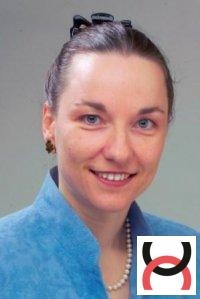
For TBS she has developped various Aerospace Management and other more general International Programmes. (Aerospace MBA (1999- ), TBS-IIMB Aerospace MBA (2015- ), Aerospace Management PGE Option (2002- ) for the last year of Master in Management studies, International Seminars TBS with Partner Universities around the world (1995- ), Toulouse Barcelona Summers School, Toulouse - Ljubljana "East meets West" Summer School....). She is managing and co-chairing the Advanced Master in Air Transport Management in partnership with ENAC for TBS since 2011.
In 2014-2015 she developped and launched the first international Aerospace MBA programme for Aerospace Executives in INDIA with IIMB - Indian Insitutue of Management, Bangalore.
Her main research interests are in cross-cultural, international, and European management, multicultural teams and workgroup diversity, culture change and the sharing of knowledge in international organisations. With these topics she conceives corporate executive development programmes and works on various consulting, coaching and training assignments with multinational corporations, particularly in the high-tech industry and the aerospace sector (Airbus, Liebherr Aerospace, Thales-Alcatel Alenia Space, British Aerospace, ICL Europe, Paribas, Rolls Royce, Siemens and others..). Cordula also works on a EU Horizon 2020 research project on mobility of qualified employees (2018-2022 - www.GLOMO.eu/)
Cordula has been involved in several other research projects with an international focus; one that looks at the perception of social justice across cultures. In another research she collaborates since several years with a global research team on the study of the impact of language on international business. She was also leader of a European research group on Work, Employment, and Health (TES ? Travail, Emploi, Sant?) at Toulouse Business School (2013-2017) and is conducting research on cross-cultural management, diversity and international human resource management with a European perspective. Cordula is also a country investigator for France and some "under-researched" countries for the GLOBE 2020 project, looking into leadership and organizational behaviour (https://globeproject.com/)
As a visiting professor Cordula lectures to MBA and Executive classes on International, European Management & Global Leadership in many partner universities around the globe. With her work and research experience in several countries of Europe, the Americas, Africa and Asia she also has published in several languages, particularly in the field of multicultural management. Among other assignments, she was for 10 years visiting Professor at Arizona State University, USA (1995-2005).
She is happily married and working mother of two children.
In 2017 she obtained together with a European Network of academic Beneficiaries and Airbus Group a European Research grant (Horizon 2020, Marie Skłodowska-Curie Actions - the European Union's reference programme for doctoral education and postdoctoral training) of 3,9 mio ?.
GLOMO - Global Mobility of Employees 15 early stage docotoral researchers explore and research about global mobility of skilled people in today's workplace. www.glomo.eu/
Voir les 3 Voir les autres publications de l’auteur(trice)




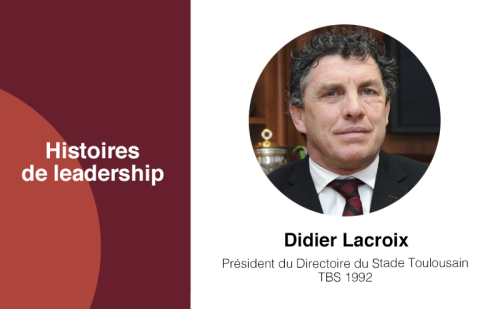

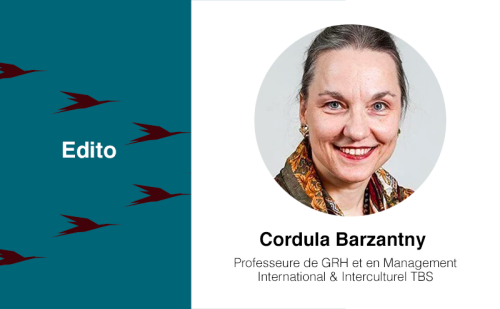
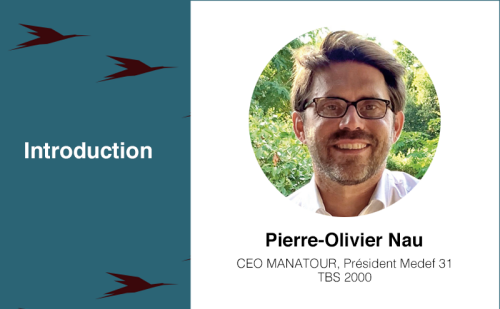
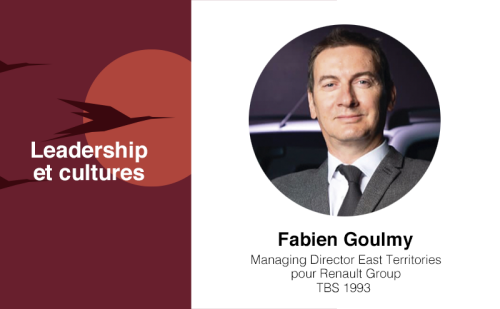
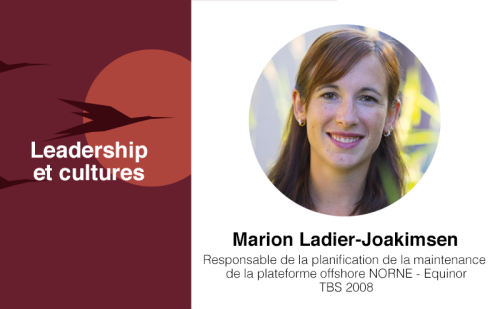
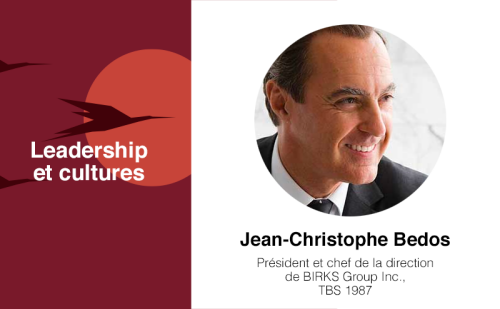
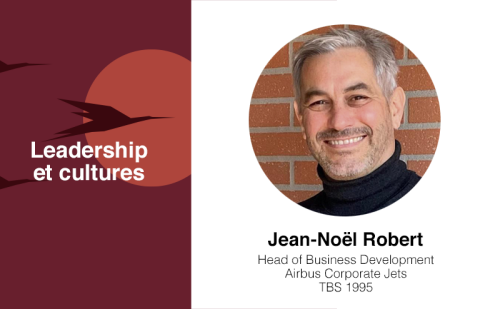
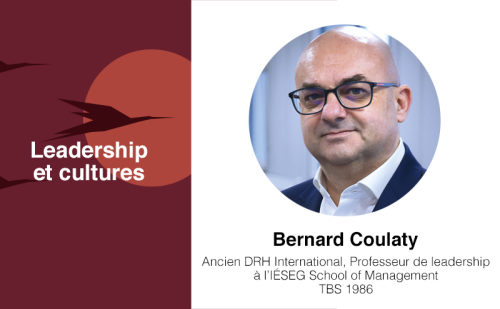
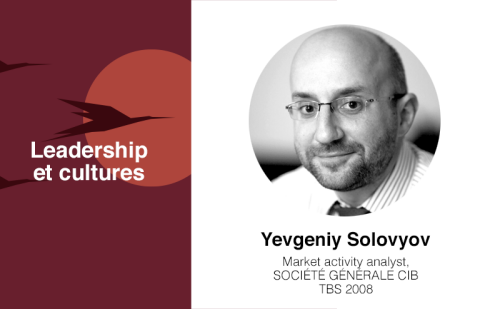
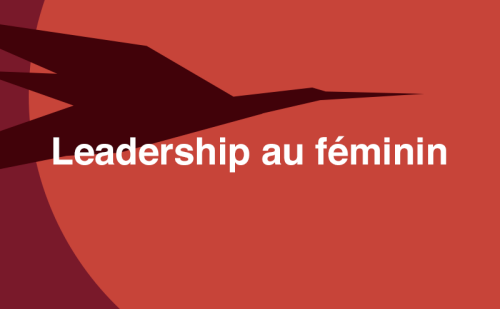

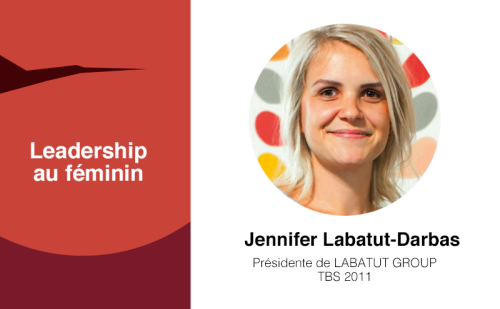
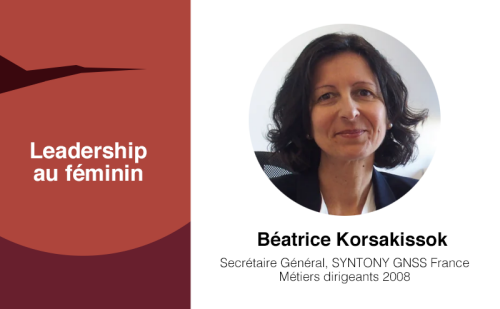

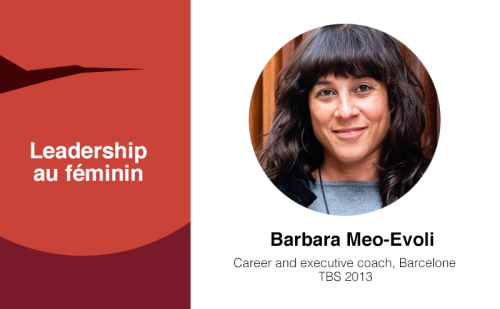
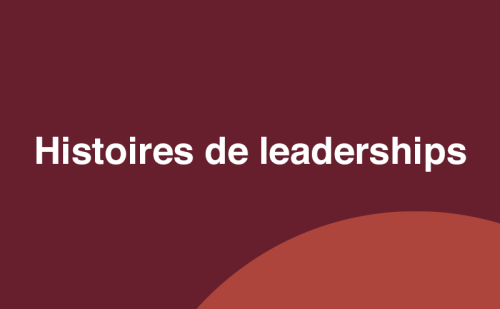
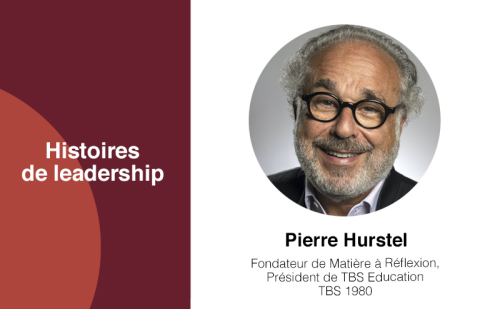
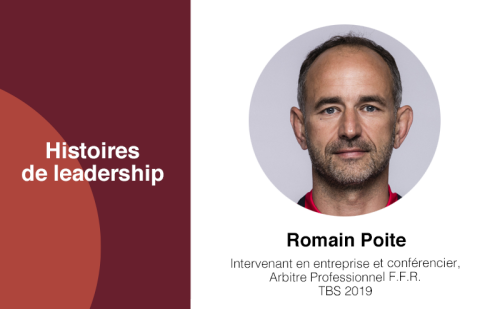


Aucun commentaire
Vous devez être connecté pour laisser un commentaire. Connectez-vous.